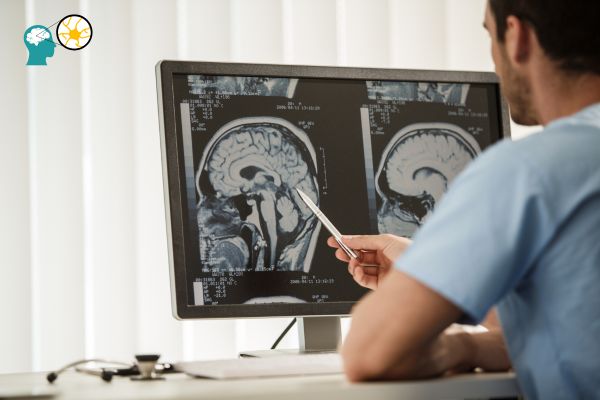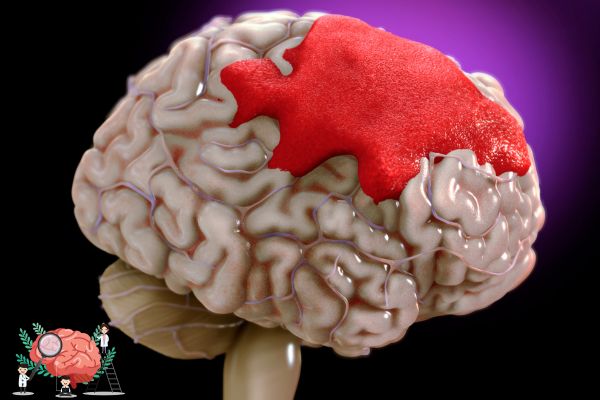A brain haemorrhage is a medical emergency that requires immediate attention. It occurs when an artery in the brain bursts, leading to internal bleeding that can cause severe complications. Dr. Bharat Gupta, an expert neurosurgeon, provides key insights into the causes, symptoms, and emergency care for brain haemorrhages.
Causes of Brain Haemorrhage
Several factors can contribute to brain haemorrhage, including:
- Hypertension (High Blood Pressure): Chronic high blood pressure weakens blood vessel walls, increasing the risk of rupture.
- Head Trauma: Severe head injuries from falls, accidents, or sports can lead to bleeding in the brain.
- Aneurysms: Weak spots in blood vessels that can burst unexpectedly.
- Blood Disorders: Conditions like hemophilia or low platelet count can impair clotting and increase bleeding risk.
- Brain Tumors: Some tumors may cause bleeding within the brain.
- Substance Abuse: Excessive alcohol consumption and drug use can raise blood pressure and damage blood vessels.
Symptoms of Brain Haemorrhage
Recognizing the symptoms early can save lives. Common signs include:
- Sudden, severe headache
- Nausea and vomiting
- Weakness or numbness in the face, arms, or legs
- Vision problems
- Difficulty speaking or understanding speech
- Loss of balance or coordination
- Seizures
- Loss of consciousness
Emergency Care for Brain Haemorrhage
A brain haemorrhage requires urgent medical attention. Follow these steps if you suspect someone is experiencing one:
- Call Emergency Services: Seek medical help immediately.
- Keep the Person Still: Avoid unnecessary movement to prevent further injury.
- Monitor Breathing and Consciousness: If the person is unconscious, check their breathing and provide CPR if necessary.
- Avoid Giving Food or Drink: This can lead to choking if the person has difficulty swallowing.
- Provide Supportive Care: Keep the person comfortable and reassure them while waiting for emergency responders.
Treatment and Recovery
Treatment depends on the severity and location of the bleed. Options may include:
- Medications: To control blood pressure, reduce swelling, and prevent seizures.
- Surgical Intervention: In severe cases, surgery may be necessary to relieve pressure or repair damaged vessels.
- Rehabilitation: Physical and speech therapy may be needed to regain lost functions.
Seek Expert Consultation
Early intervention can significantly improve outcomes. If you or a loved one is at risk of brain haemorrhage, regular medical check-ups and a healthy lifestyle are essential for prevention.
Dr. Bharat Gupta emphasizes the importance of awareness and timely medical care in managing brain haemorrhages.
For expert consultation and emergency care, schedule an appointment with Dr. Bharat Gupta today.
 doctorbharatgupta@gmail.com
doctorbharatgupta@gmail.com Tower Enclave, Opp. Indian Petrol Pump, Wadala Chowk, Jalandhar
Tower Enclave, Opp. Indian Petrol Pump, Wadala Chowk, Jalandhar




